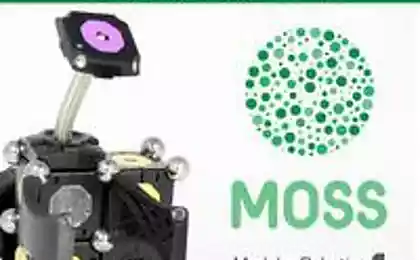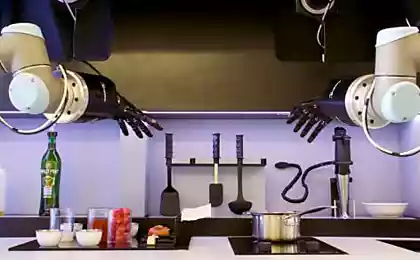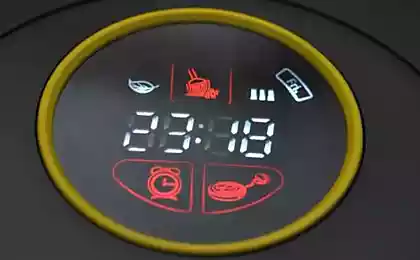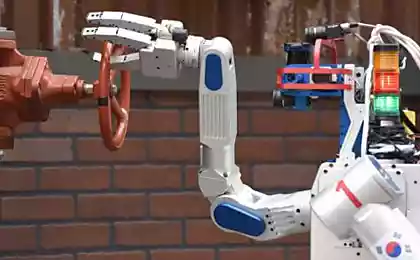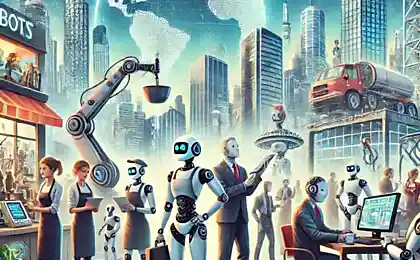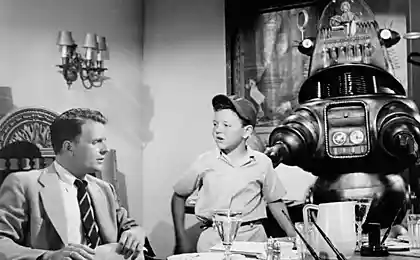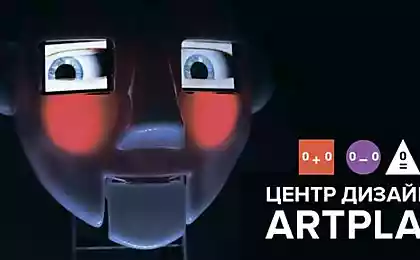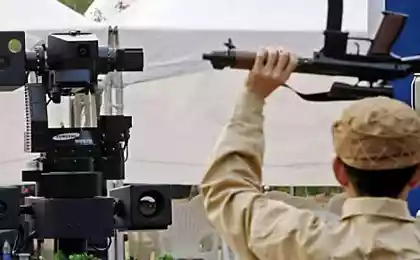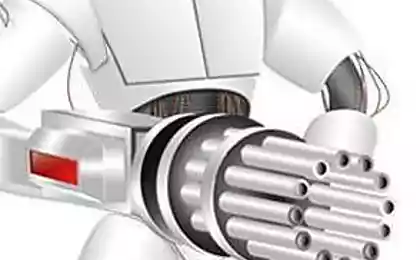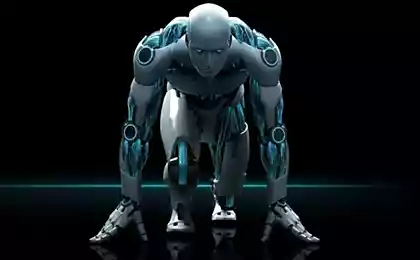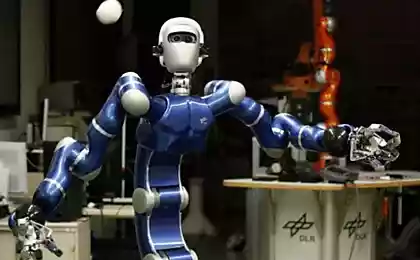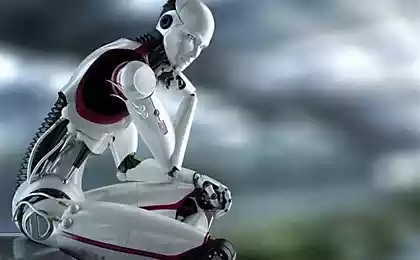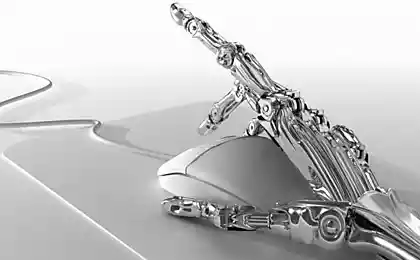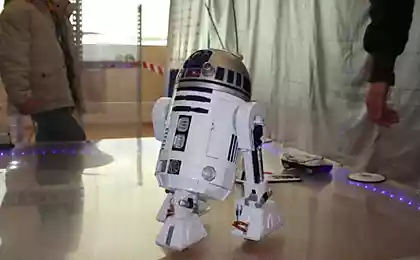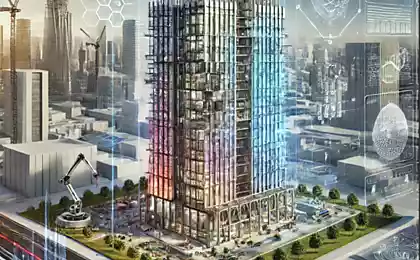419
The "deep learning" will lead us to Superintelligent robots
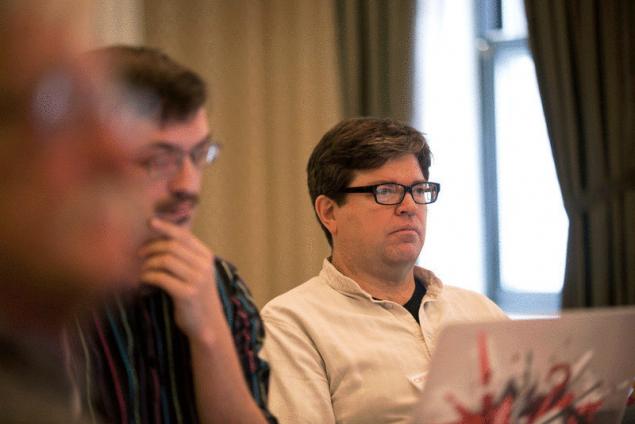
Ian Lecun is one of those who bring popular Internet services like those served by Facebook, Google and Microsoft, to a new level of artificial intelligence. As head of AI research at Facebook, Lecun foresees the creation of a giant "neural networks" that will be able to recognize the pictures and answer the queries of ordinary people in their own language. The same thing drives the development of speech recognition on Android phones from Google, service instantly translate Skype from Microsoft and many other online tools that can "learn" over time. Using large network of computer processors, such systems are somewhat similar to networks of neurons in the human brain, and in some ways even superior to men.
This week in the scientific journal Nature authored by Lecuna is also Professor of computer science at new York University and two other academics (Jeff Hinton, Joshua Bengio) appeared, which reveals the details of the current state of technology of deep learning. The work describes the broad progress of deep learning in recent years and reveals how this technology changes our Internet services and will continue to change in the coming years.
But as Lecun told Wired magazine, deep learning also goes beyond the Internet, moving devices that can operate in the physical world — like robots and self-driving cars. Just last week, scientists at the University of California at Berkeley revealed a robotic system that uses deep learning to learn to screw the cap on the bottle. Earlier this year chip maker NVIDIA and Israeli company Mobileye have revealed they are working on deep learning systems that will help in the development of self-driving cars.
Lecun researched similar types of "robotic perception" for the past ten years, published the first article on this topic in 2003. Then the idea was to use algorithms for deep learning as a way for robots to detect and avoid obstacles as it moves around the world — self-driving cars work on a similar principle. "Now this is a hot topic," he says.
Yes, Google and many others have already demonstrated some possibilities of self-driving cars. But according to the researchers, including Lacuna, deep learning can reach perfection — the same way it has improved the technology of speech recognition and images. Algorithms deep learning is rooted in 80 years, but right now, they can utilize the extremely powerful network of machines available to companies and researchers today; these machines provide powerful tools for learning systems, allowing you to analyze huge amounts of data.
"For us it is a chance to change the learning model from a very small and statistically limited to something completely open," says Sebastian Troon, who helped to launch the project self-driving cars Google.
Troon is gone from Google, but the company is already exploring the possibility of using deep learning technology in their self-driving cars (first series which will be out on the road this summer). Says one of the researchers Google Jeff Dean, the company uses these methodologies to dozens of services and self-driving cars that heavily rely on image recognition, are one of the obvious applications.
Trevor Darrell, one of the researchers working on robots with deep studies at Berkeley, says that his team also explores the possibilities of using this technology in Autonomous vehicles. "From the point of view of researchers, there is considerable common ground to move the manipulator, and insert the peg into the hole and to hold the car or the plane through the obstacle course," he says.
Deep learning is particularly interesting in that transformerait many areas of research. In the past, he says, the researchers used some techniques for speech recognition, image interpretation and robotics. Now one set of techniques caters for all these areas.
What is the result? All of these areas suddenly develop at high speed. Image recognition is already surprising people. Further, the queue for speech recognition. Self-driving cars can be on the market in the next five years. AI is becoming smarter.published
P. S. And remember, only by changing their consumption — together we change the world! ©
Source: hi-news.ru
